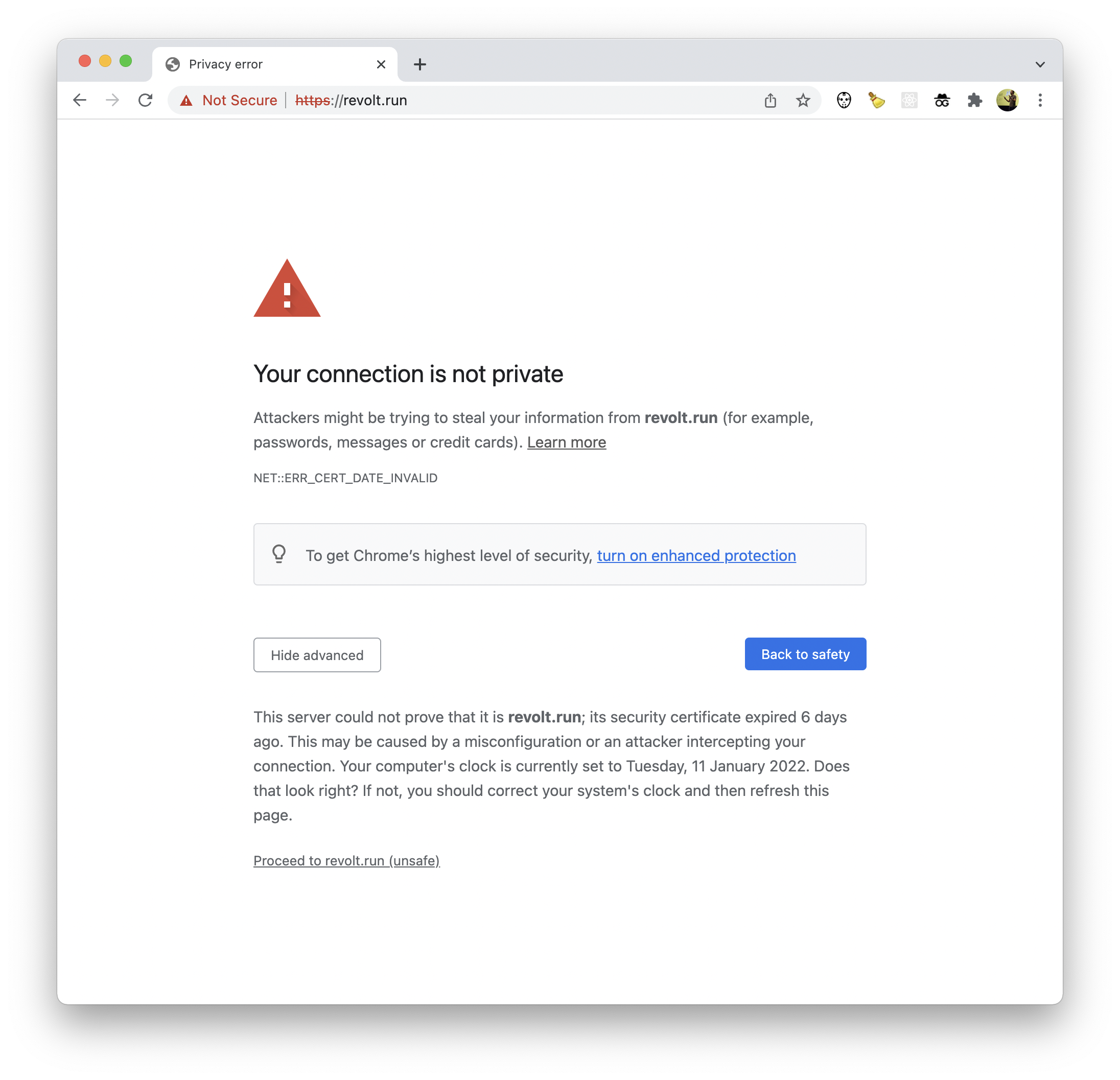Revolt is a rock-solid event loop for concurrent PHP applications. The usual PHP application spends most of its time waiting for I/O. While PHP is single threaded, cooperative multitasking can be used to allow for concurrency by using the waiting time to do different things.
PHP's traditional synchronous execution flow is easy to understand. Doing one thing at a time. If you query a database, you send the query and wait for a response from the database server. Once you have the response, you can start doing the next thing.
Amp, ReactPHP, and other libraries have offered cooperative multitasking in PHP for a long time. However, their event-driven nature was incompatible to many existing interfaces and required a different thinking model. PHP 8.1 ships with fibers built-in, which offers cooperative multi-threading. Calls can be synchronous without promises or callbacks, while still allowing for non-blocking I/O.
Every application making use of cooperative multitasking needs a single scheduler (also called event loop), which this package provides. Revolt is the result of combining years of experience of Amp's and ReactPHP's event loop implementations. However, it is not a full-blown framework for writing concurrent PHP applications, but only provides what's necessary as a common base. Different (strongly) opinionated libraries can be built on top of it and both Amp and ReactPHP will continue to co-exist.
It may surprise people to learn that the PHP standard library already has everything we need to write event-driven and non-blocking applications. This package can be installed as a Composer dependency on PHP 8.1 and later.
composer require revolt/event-loopApplications with many concurrent file descriptors require one of the extensions.
→ View documentation
→ View examples
revolt/event-loop follows the semver semantic versioning specification.
The MIT License (MIT). Please see LICENSE file for more information.



